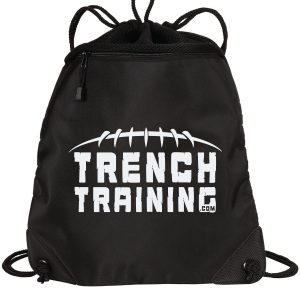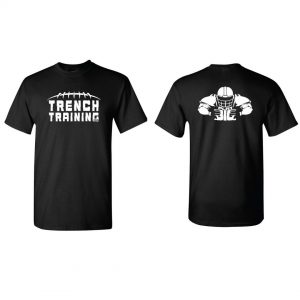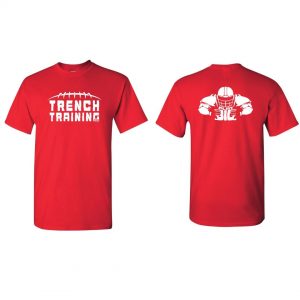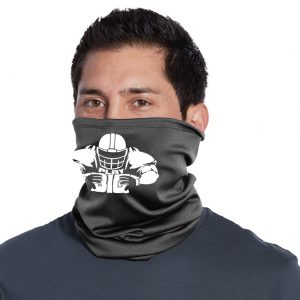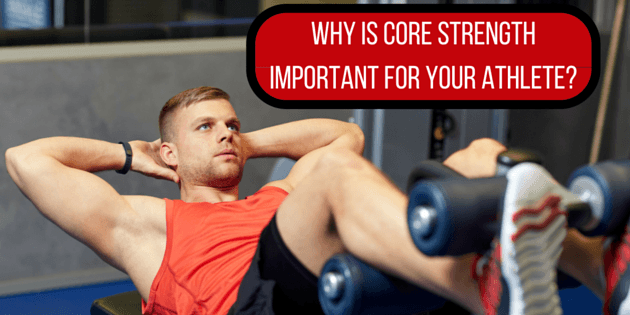
Why is Core Strength Important for Your Athlete?
Why is core strength important for your athlete?
First we need to explain what we mean by “core muscles”.
There are varying definitions but without going all fitness geek on you let’s see if we can simplify.
The “core” consists of all the muscles form the armpit to the hip bone including both the front and back of the body.
It’s not just the muscles you see but all the deep muscles in the trunk, pelvis, hips, abdomon as well as all the small muscles along the spinal column.
Basically it’s the midsection.
So why is core strength important?
3 Reasons to Focus on Core Strength
1. Injury Prevention
A strong cores stabilizes the spine and increases flexibility.
Your stability and flexibility will have a direct impact on your ability to prevent injuries.
Have you ever seen an athlete fall to the ground?
They seem to even do that with grace.
That’s because they have such finely tuned control over their bodies.
The deep muscles of the midsection, when trained and strengthened, give athletes that control that makes them so good at their sport.
It also keeps them healthy.
Flexibility, along with stability in the core will help protect your back which is essential to a long athletic career.
2. Balance
Your core muscles are the major contributor to your balance.
Balance is a key component to athleticism.
Again, as you watch athletes perform in their sport they do amazing things and make it look effortless.
Much of this has to do with their highly skilled level of balance.
The stability and flexibility gained through strengthening of the core will always improve balance.
3. Power
It doesn’t matter how strong your arms and legs are if the muscles they are attached to are not strong.
Your core muscles cannot be the weak link.
Without them everything breaks down.
Most sports require some form of power production.
Baseball players swing bats with power and throw a ball with power.
Basketball players need to generate power to jump and play around the rim.
Football players must generate power to block, tackle, run and throw the ball.
You name the sport and some form of power production is needed.
Check out this excerpt from Stack.com regarding core training and power.
[feature_box style=”1″ only_advanced=”There%20are%20no%20title%20options%20for%20the%20choosen%20style” alignment=”center”]
A strong, balanced core supports the body’s structure, enabling you to execute a skill consistently, powerfully and safely. But to develop the strength to do so, you’ve got to train your entire core, including crucially important, lesser-known muscles.
The abdominal muscles are only one part of the core. The others are the obliques, low back extensors, hips flexors and glutes. All of these areas function together to efficiently transfer force between the upper and lower body.
If your core is weak, your lower or upper body can’t efficiently transfer force. And your body will attempt to compensate with extra movement, resulting in loss of balance.
– Andy Haley is the Performance Director at STACK.com and certified strength and conditioning specialist (CSCS)
To read the full article click here.
[/feature_box]
5 Exercises to Increase Core Strength
Planks
Side Planks
Crunch
Superman
Mountain Cimbers
These are 5 great exercises to get your athlete started improving their core strength.
If you found value with this post please like, comment and share.
Also, if you have questions about training your young athlete please contact us at steve@trenchtraining.com.
Let’s Play,
Coach Steve


